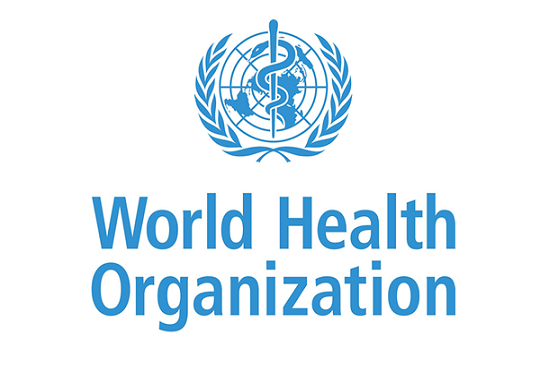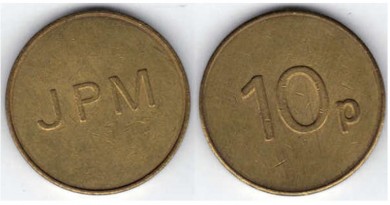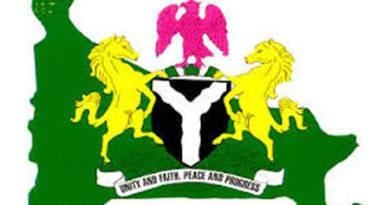WHO and Africa CDC agree on joint actions to improve health security in Africa
The World Health Organization (WHO) and the African Union Commission (AUC) through its Africa Centres for Disease Control and Prevention (Africa CDC) have deepened their ties by endorsing an ambitious action plan that aims to tackle health security challenges facing the continent. The two organizations signed an agreement outlining clear mechanisms for collaboration that will maximize existing synergies.
Her Excellency Amira Elfadil, African Union Commissioner for Social Affairs and Dr Matshidiso Moeti, WHO Regional Director for Africa participated in the endorsement ceremony on the margins of the 69th session of the WHO Regional Committee for Africa which is taking place this week in Brazzaville, Republic of the Congo.
The agreement operationalizes a relationship which began in August 2016 when Africa CDC was established.
“It is three years to the day since WHO and Africa CDC joined forces. It is fitting, therefore, that today we are embarking on an even closer collaboration, one which will allow us to improve African health systems and save African lives,” said Her Excellency Amira Elfadil, “by combining our strengths we can achieve this.”
The action plan identifies key areas for cooperation with particular emphasis on emergency preparedness and response, and health security in the overall context of health systems strengthening. A joint task force with five technical working groups will guide the efforts in the areas of partnerships and resource mobilization, monitoring the progress in implementing International Health Regulations, public health emergency preparedness and response; strengthening surveillance and laboratory capacities and antimicrobial resistance.
“With an acute public health emergency striking Africa every three to four days, a strong partnership between WHO and Africa CDC is critical,” said Dr Moeti, “WHO has decades of experience in providing technical support to countries, while Africa CDC has access to the highest levels of African leadership. Together we can achieve our ultimate goal of a healthier Africa that is better able to cope with outbreaks and other health emergencies.”
The two organizations agreed to mobilize resources for key activities together and work to ensure that their efforts are complementary and synergistic. In order to maximize their combined impact, the workplan will be jointly monitored every six months.
Currently, WHO and Africa CDC are working together to support the efforts of the government of the Democratic Republic of the Congo to respond to the country’s worst Ebola outbreak. Alongside the Ministry of Health, WHO is leading the coordination of the public health response and is providing technical leadership in the areas of surveillance, vaccination and case management. WHO has mobilised and deployed more than 700 international experts as part of the surge capacity needed to respond to the outbreak.
Africa CDC has deployed more than 40 multi-disciplinary public health experts, trained more than 800 local healthcare workers and community volunteers, contributed to surveillance and provided personal protective equipment and GeneXpert machines to health facilities.




